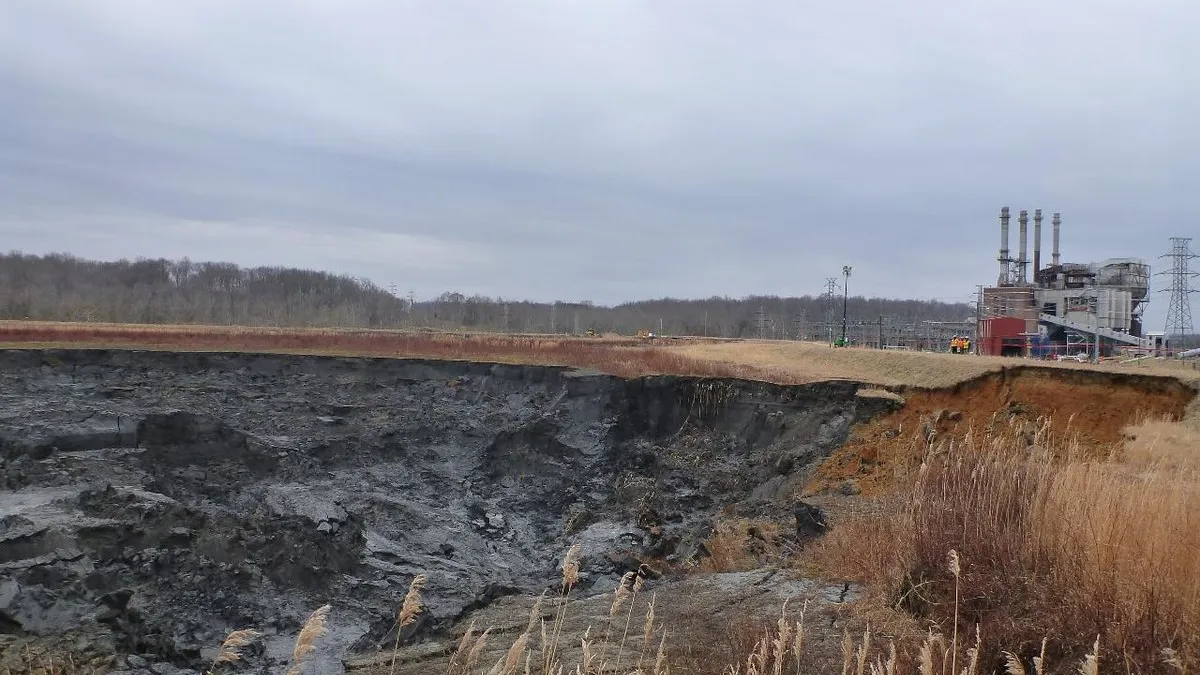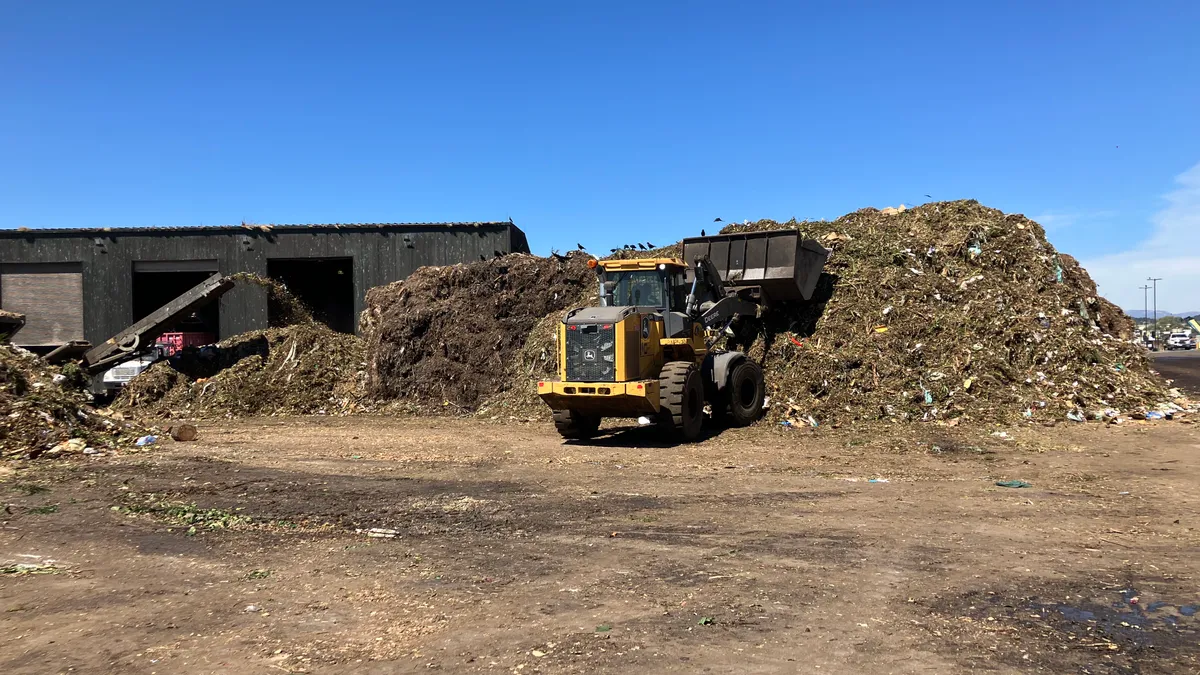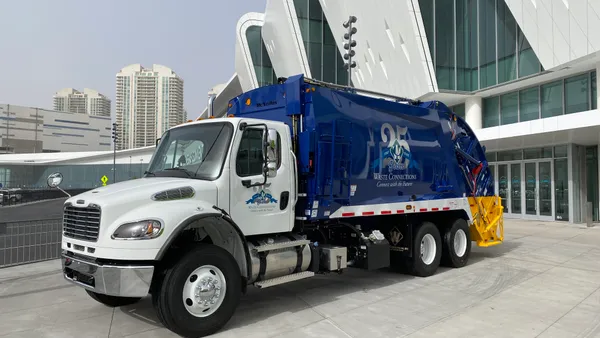Dive Brief:
-
Tennessee and North Carolina are both opening up comment periods for their proposed plans to handle coal ash cleanup.
-
The proposed rules "are more protective of public health and the environment than existing rules for coal ash disposal and storage," North Carolina's Department of Environmental Quality (NCDEQ) said in a press release. Tennessee intends to lay out an investigation process assessing risks of coal ash and ensuring those risks are avoided during disposal.
-
Monitoring requirements under the Obama administration's Coal Combustion Residuals rule revealed groundwater contamination at utility coal ash disposal sites across the country earlier this year, including Tennessee Valley Authority and Duke Energy. The contamination showed levels of radioactivity much higher than is allowed under federal drinking water standards.
Dive Insight:
Utilities in North Carolina and Tennessee are facing increasing scrutiny for their mismanagement of coal ash.
The state of Tennessee sued the Tennessee Valley Authority in 2015 for violating rules related to coal ash disposal and Duke Energy underwent a federal investigation in 2014 after a spill dumped 39,000 tons of coal plant residue into a North Carolina river.
In July, the EPA issued a federal rule that environmental groups say rolls back consumer protections related to coal ash management, giving states more flexibility managing the waste. Oklahoma's application to operate its own coal ash permit program was approved by the EPA in June, making the state the first to operate outside of federal jurisdiction since the Obama era rule. Georgia's application is pending EPA approval and Texas, Alabama, Missouri and Indiana are planning to apply as well, according to a report by Earthjustice.
North Carolina's proposed plan addresses federal requirements, in part, saying it's a "priority to maintain a consistently protective rule in North Carolina regardless of how the EPA rule may change in the future." Tennessee's plan lays out a "comprehensive process" that will deter "unacceptable risks" related to coal waste disposal.
North Carolina's comment period will be open until October 15 and Tennessee's will be open until September 28.













